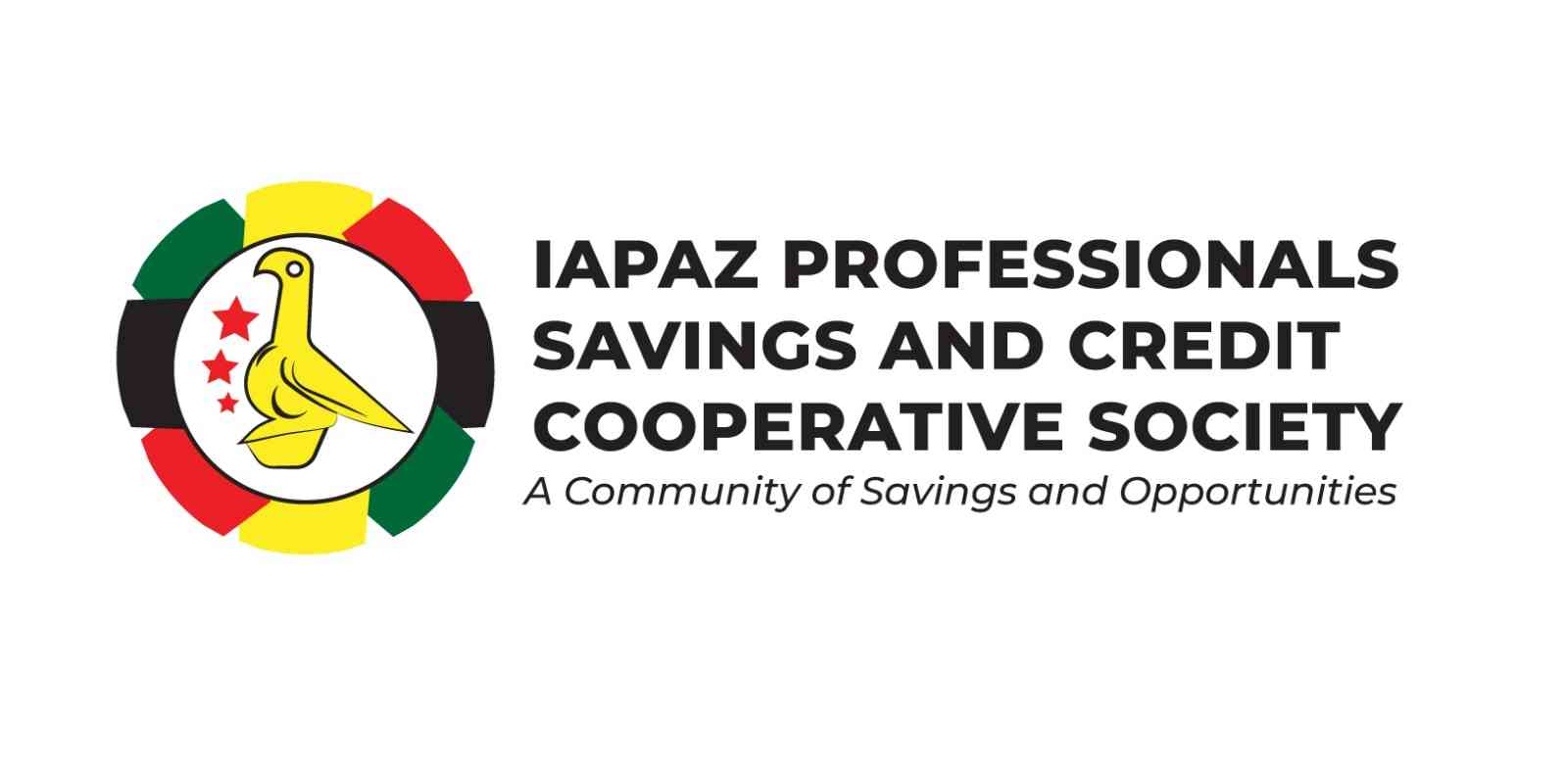
THE Zimbabwe Association of Doctors for Human Rights (ZADHR) has urged government to prioritise financing water, sanitation and hygiene projects to curb the resurgence of fatal diseases such as cholera and typhoid.
By NQOBANI NDLOVU
This came amid reports that a fresh cholera outbreak has claimed four lives in Chegutu, with stakeholders now on high alert to avoid the spread of the disease to other parts of the country.
ZADHR executive director Calvin Fambirai, in a statement yesterday, called on the government to adopt far-reaching health and social service reforms to deal with diarrhoeal diseases.
“As ZADHR, we continue to urge local authorities and the government to institute far- reaching reforms to the social service delivery sector in Zimbabwe.
“We believe paying attention to increasing financing to water, sanitation and hygiene and, more particularly, on infrastructure revamping, purchase of water purification equipment and consumables, will go a long way in bringing recurrence of these waterborne diseases to an end,” he said.
“As it stands, the current outbreaks are a testament to exposure of communities to unsafe and unclean water and environment, which in themselves threaten the viability of the healthcare system.”
Government officials recently said its health delivery emergency response teams were on high alert since the outbreak of cholera in neighbouring Zambia that has affected over 3 000 people and claimed 70 lives to date.
- Chamisa under fire over US$120K donation
- Mavhunga puts DeMbare into Chibuku quarterfinals
- Pension funds bet on Cabora Bassa oilfields
- Councils defy govt fire tender directive
Keep Reading
The epidemic has spread to other Southern African countries.
In 2008, cholera claimed over 4 000 people in Zimbabwe, forcing international aid agencies to intervene and improve the country’s health and water infrastructure.
“Also, the outbreaks are a call to the government, particularly in its infancy, to build a legacy of commitment to ending the continued outbreaks of these archaic diseases. It, therefore, calls for strengthening of oversight mechanisms by the central government to ensure more resources are channelled towards key and strategic services such as clean and potable water.
“In the new dispensation, where the government has committed to opening doors for engagement and strengthening of relations with all stakeholders, ZADHR further calls upon the government to lead responsive co-ordinated multi-sectoral approaches to the challenges for long-term sustainable solutions,” Fambirai said.
Meanwhile, the Bulawayo City Council health department has introduced emergency measures to prevent an outbreak of communicable diseases in the city.
“The health department is doing everything to ensure that there is no communicable disease outbreak in the city,” mayor Martin Moyo said.











